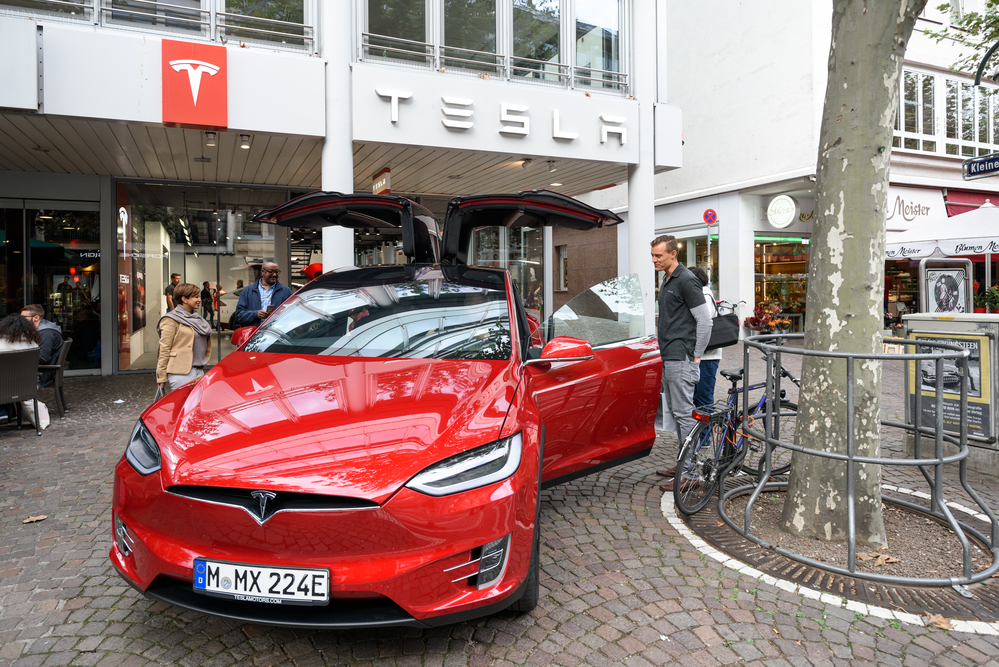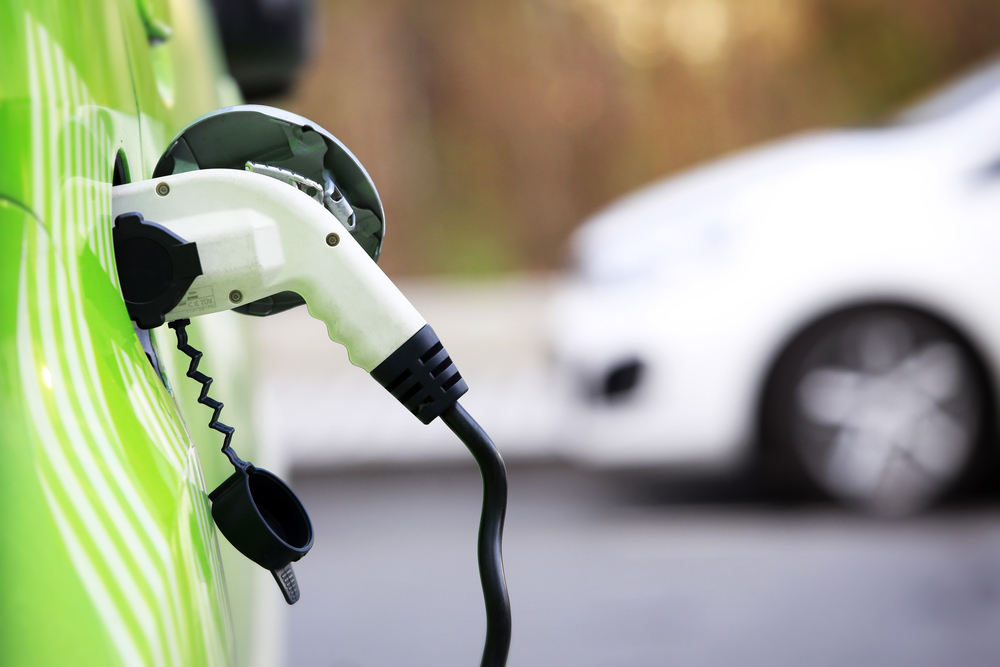Get this deal! Call now.
Speak with a vehicle protection plan specialist and get $300 off any new contract instantly.
Call 866-678-4172
or scan the code below


While the Tesla Motors CEO Elon Musk works towards his lawful campaign to get more states to permit direct automaker-to-shopper deals, he may have found a support. It comes as a new Sierra Club overview that rates the quality service from dealerships who offer electric vehicles. So, a planned EV prospective owner’s odds of having a positive experience with the dealers at Tesla stores in California are solid. With regards for the other automakers’ dealers in the rest of the world? Apparently things are not all that great.

The Sierra Club brought out people this past spring to over 308 dealerships crosswise over California, Connecticut, Massachusetts, Maryland, Maine, New Jersey, New York, Oregon, and Vermont. Basically, Tesla gave by a large margin the best rated customer experiences out of their fellow automakers leaving BMW, Chevrolet, and Nissan in the dust. Fiat and Ford were rated squarely in the middle as their “positive” rankings drifted around the 50-percent level. Meanwhile VW, Porsche, Hyundai, and Volvo merchants were stuck in the back of the pack. Out of the 308 dealerships test customers went to, Sierra Club gave a five-star (best) service rating to around 90 of them, among 38 were the ones from California.
A portion of the specific results were nothing less than staggering. At about one in seven dealerships, the electric vehicles on location were not adequately charged for the purpose of a test drive. There was likewise a one-in-three possibility that the merchant didn’t raise either government or state rebates and incentives (discounts), which numerous EV purchasers could fit the bill for. More than half of the merchants didn’t give guideline on the most proficient method to appropriately energize an EV. For dealerships that really had genuine, physical EVs on site, California merchants had a around six, while the typical stock in different states was three.

To put it plainly, the Sierra Club prescribed that dealerships expected to catch up on their EV learning, keep more EVs in stock, and make a superior showing with regards to demonstrating to potential purchasers both generally accepted methods to power up EVs and how to get more discounts from them. At the end of the day, they need to attempt to really offer EVs seriously.

Sierra Club’s test customers heading into dealerships, wanting to discover electric vehicles or module hybrids, rather found a tangle of reasons they couldn’t. Numerous customers found the EVs hard to find at the dealership. Volunteer customers found, at about 42 percent of visits, that EVs were either “not prominently displayed” or were just “somewhat prominently displayed.” At about 14 percent of dealerships, customers were informed that the EV they asked to test drive wasn’t adequately charged; Chevy and Ford dealerships were particularly predisposed to this issue, at 22 and 21 percent, individually. What’s more, bunches of offers staff did not know about EV working costs, refunds, and expense credits.
“While some of our Rev Up EVs survey participants found that dealerships are employing impressive practices to sell a lot of EVs, many encountered roadblock after roadblock in their search for EV inventory, test drives, and knowledgeable salespeople,” said the Sierra Club’s Electric Vehicles Initiative director, Gina Coplon-Newfield, co-author of the report (AutoBlog).

For the purposes of this survey, “mystery” customers were requested that they rate their encounters with respect to various subtle elements on a scale from 1 (negative) to 5 (positive). Each brand was then given composite evaluations, with blends of positive, unremarkable, or negative encounters generally, speaking to that wide scope of reactions. Among them, the experiences with Tesla, BMW, Chevrolet, and Nissan stores were found to be the best. All aside from Tesla and Audi were evaluated to be fair or mediocre, and customers discovered Porsche and Mercedes-Benz retailers to be particularly negative experiences. It’s not in any manner astonishing that Tesla, with 100 percent of its vehicles being electric, was given a solid rating for unmistakably showing its electric vehicles and for being educated about appropriate tax credits and discounts.

We're here to make sure you get the most comprehensive EV protection. That's why we've partnered with Xcelerate Auto to offer you transparent and dependable Tesla coverage.
Want us to contact you about XCare coverage for your Tesla?



Call for $300 off any new plan!
By clicking the button, you consent to Endurance using automated technology to call, email, and text you using the contact info above, including your wireless number, if provided, regarding auto protection or, in California, mechanical breakdown insurance. You also agree to the Endurance Privacy Policy and Terms and Conditions. Consent is not a condition of purchase, and you can withdraw consent at any time. Message and data rates may apply.
Speak with a vehicle protection plan specialist and get $300 off any new contract instantly.
Call 866-678-4172
or scan the code below



Simply fill out the information below and we will follow up fast with your free no-obligation quote.
By clicking the button, you consent to Endurance using automated technology to call, email, and text you using the contact info above, including your wireless number, if provided, regarding auto protection or, in California, mechanical breakdown insurance. You also agree to the Endurance Privacy Policy and Terms and Conditions. Consent is not a condition of purchase, and you can withdraw consent at any time. Message and data rates may apply.

To speak to a vehicle protection plan specialist and save $300
Scan the code below
Alex has worked in the automotive service industry for over 20 years. After graduating from one of the country’s top technical schools, he worked as a technician achieving a Master Technician certification. He also has experience as a service advisor and service manager. Read more about Alex.